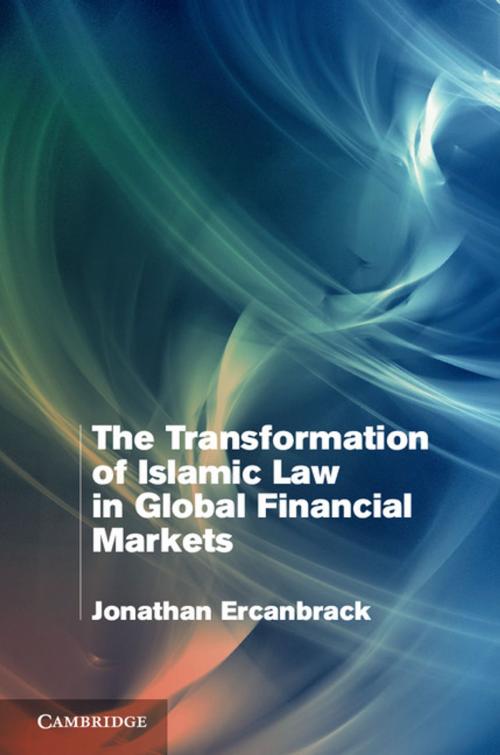The Transformation of Islamic Law in Global Financial Markets
Nonfiction, Reference & Language, Law, Banking, Business & Finance| Author: | Jonathan Ercanbrack | ISBN: | 9781316234754 |
| Publisher: | Cambridge University Press | Publication: | January 1, 2015 |
| Imprint: | Cambridge University Press | Language: | English |
| Author: | Jonathan Ercanbrack |
| ISBN: | 9781316234754 |
| Publisher: | Cambridge University Press |
| Publication: | January 1, 2015 |
| Imprint: | Cambridge University Press |
| Language: | English |
The role of global capital in relation to human social systems has assumed enormous proportions in liberalised, deregulated markets. States attempt to nationalise it, financial centres spring up in its wake, and INGOs attempt to deal with its de-territorialising, supranational characteristics. A global adjudication system (arbitration) has been introduced to safeguard and buttress its flow. The power of Islamic capital has generated numerous sites of legal contestation and negotiation, ranging from gateway financial centres, international law firms and transnational financial institutions, all of which interact in the production of Islamic financial law (IFL). The process of producing IFL illustrates complex fields of action driven by power dynamics, neoliberal paradigms and the institutional momentum of the global economy. The municipal legal systems under study in this book (the United Kingdom, Bahrain, United Arab Emirates and the Dubai International Financial Centre) illustrate globalisation's acceleration of legal, economic and social production.
The role of global capital in relation to human social systems has assumed enormous proportions in liberalised, deregulated markets. States attempt to nationalise it, financial centres spring up in its wake, and INGOs attempt to deal with its de-territorialising, supranational characteristics. A global adjudication system (arbitration) has been introduced to safeguard and buttress its flow. The power of Islamic capital has generated numerous sites of legal contestation and negotiation, ranging from gateway financial centres, international law firms and transnational financial institutions, all of which interact in the production of Islamic financial law (IFL). The process of producing IFL illustrates complex fields of action driven by power dynamics, neoliberal paradigms and the institutional momentum of the global economy. The municipal legal systems under study in this book (the United Kingdom, Bahrain, United Arab Emirates and the Dubai International Financial Centre) illustrate globalisation's acceleration of legal, economic and social production.















